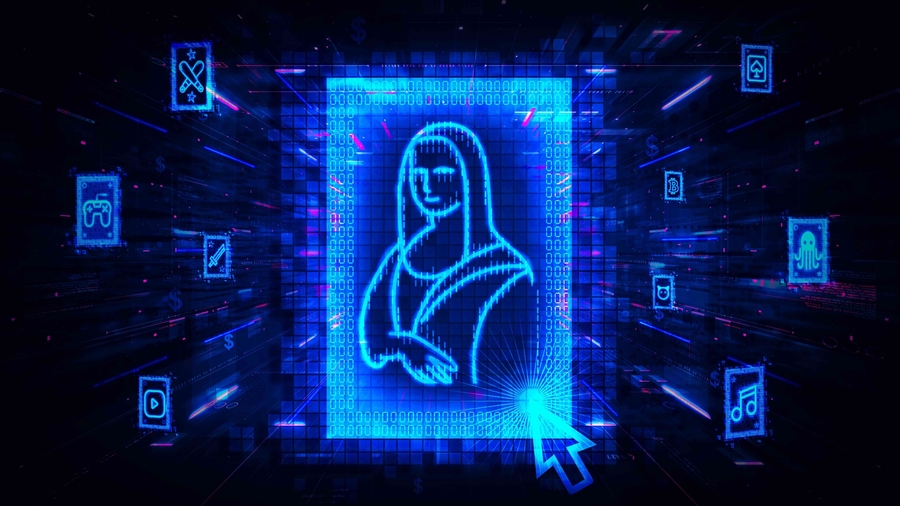
NFTs and Intellectual Property: Addressing the Legal Issues Surrounding NFTs
In recent years, NFTs, or non-fungible tokens, have gained popularity as a way for creators to monetize their digital content. NFTs are unique digital assets that are stored on a blockchain and provide a way for creators to sell and authenticate their digital content. However, the use of NFTs raises various legal issues, particularly concerning intellectual property (IP) rights. In this essay, we will discuss some of the main legal issues surrounding NFTs and IP and offer recommendations for creators and buyers to address these issues.
Ownership of the Underlying IP
One of the main legal issues surrounding NFTs is the ownership of the underlying IP. When an NFT is sold, it does not necessarily transfer ownership of the underlying IP, such as the copyright or trademark. Therefore, it is essential for creators to ensure that they own or have the necessary licenses to use the IP before creating an NFT. For example, if a creator wants to create an NFT of a digital artwork, they should ensure that they own the copyright to the artwork or have obtained a license to use it.
Copyright Infringement
Another legal issue surrounding NFTs is copyright infringement. NFTs that contain copyrighted content without permission from the owner could be considered copyright infringement. Therefore, creators must obtain proper licenses or permission to use copyrighted material before creating an NFT. For example, if a creator wants to create an NFT of a song, they should obtain permission from the copyright owner before creating the NFT.
NFTs that use a registered trademark without permission could also be considered trademark infringement. Therefore, creators must obtain proper licenses or permission to use trademarks before creating an NFT. For example, if a creator wants to create an NFT of a product that uses a registered trademark, they should obtain permission from the trademark owner before creating the NFT.
Right of Publicity
Another legal issue surrounding NFTs is the right of publicity. The right of publicity is the right of an individual to control the commercial use of their name, image, or likeness. NFTs that use a person’s name, image, or likeness without permission could violate their right of publicity. Therefore, creators must obtain proper releases or permissions from the individual before creating an NFT. For example, if a creator wants to create an NFT of a celebrity, they should obtain permission from the celebrity before creating the NFT.
Transfer of Ownership
The sale of an NFT does not necessarily transfer all rights associated with the underlying IP. Therefore, it is important to clarify the terms of the NFT sale to avoid any misunderstandings. For example, if a creator sells an NFT of a digital artwork, they should clarify whether the sale includes the copyright to the artwork or only the NFT.
Smart Contract Vulnerabilities
Smart contracts used to create and sell NFTs can be vulnerable to hacks and other forms of attack, which could lead to the loss of the NFT or the underlying IP. Therefore, it is important to ensure that smart contracts are secure and that creators take appropriate measures to protect their NFTs. For example, creators can use reputable NFT marketplaces that have implemented security measures to protect NFTs and the underlying IP.
Recommendations
To address the legal issues surrounding NFTs and IP, we offer the following recommendations:
- Ensure that you own or have the necessary licenses to use the underlying IP before creating an NFT.
- Obtain proper licenses or permission to use copyrighted material and trademarks before creating an NFT.
- Obtain proper releases or permissions from individuals before creating an NFT that uses their name, image, or likeness.
Conclusion
In conclusion, NFTs present both opportunities and challenges for creators and intellectual property law. While NFTs offer a new way for creators to monetize their digital content, they also raise legal issues surrounding ownership, licensing, and infringement. As the use of NFTs continues to grow, it is important for creators and legal professionals to address these legal issues and establish a framework for protecting intellectual property in the digital age.
Victoria spent the last year and a half I have been working for coinjet.info, a cryptocurrency news site, covering all breaking news content.
